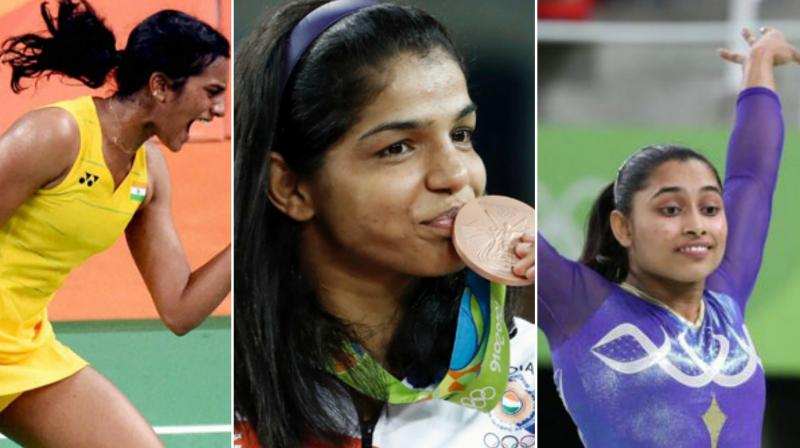PV Sindhu, Sakshi Malik, Dipa Karmakar discussed in UN Assembly
India has called for concerted action to prevent corruption, violence and drug abuse permeate the world of sports.

United Nations: India has called for concerted action to prevent corruption, violence and drug abuse permeate the world of sports, stressing that nations should promote a culture of sports for helping build peace and cooperation among people and countries.
"Sport is a reflection of the society. The degeneration of values in the society- violence, corruption, hooliganism, deception and drug abuse have been noticed raising their heads in sport," Minister in India's Permanent Mission to the UN S Srinivas Prasad said at a General Assembly session on 'Sports for Peace and Development' here on Wednesday.
Prasad emphasised that "concerted vigil and resolute action" are needed to prevent intrusion of these societal ills and to protect the "noble ideals and spirit" behind the Olympic Games and other sports.
He added that it must be the endeavour of nations to promote sports and a culture of sports in as a means of building, peace, friendship, cooperation and understanding among peoples.
While sporting events have been used for political ends, including for propaganda and boycott, on the whole various sporting competitions overwhelmingly have served to bring people and nations together and uplift the human spirit collectively, he said.
Citing India's example, Prasad said national teams in popular sports such as cricket and hockey reflect the diversity of the country's population, with players speaking different languages and belonging to different faiths and backgrounds playing together as one.
He pointed out that the focus of India's sports policy of broad basing of sports and developing sports infrastructure across the country is to draw more and more youth, both in the cities and rural areas, to sports and provide a platform for its potential to advance social and developmental goals.
He however acknowledged that India is still working to improve its performance in many of the Olympic disciplines but noted the exceptional performance by young athletes, particularly women, at the recent Rio Olympics.
He said the fresh crop of young athletes had "endeared themselves with their courageous performance at the world stage despite the odds that they have faced in life." He lauded the performances of India's young sportswomen wrestler Sakshi Malik, badminton star PV Sindhu and gymnast Dipa Karmakar, who won medals at the prestigious games and "in their own ways conveyed the exciting story of women's empowerment in India."
He said Malik embodies the determination of women from the rural areas of Haryana to pursue their dreams overcoming a deeply conservative and patriarchal rural society, while Karmakar from the border state of Tripura highlighted the determination of young women from rural pockets of India to participate in sports despite lack of opportunities and facilities for women.
"Their stories and exploits in the Olympics have resonated across India, making the Rio Olympics both a stage and a booster for women's empowerment in India," he said.

